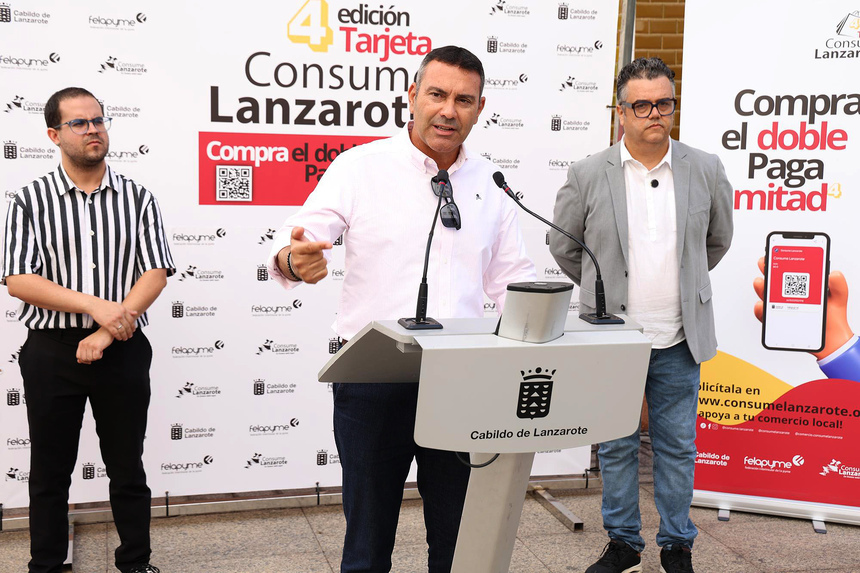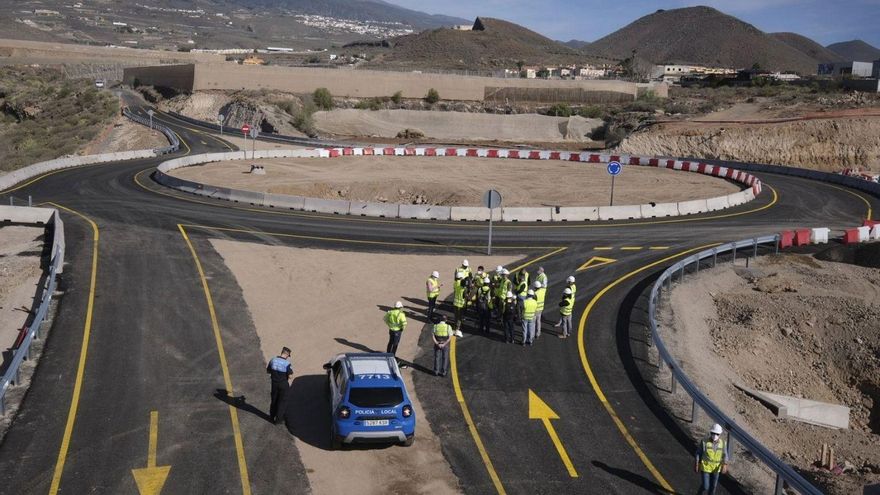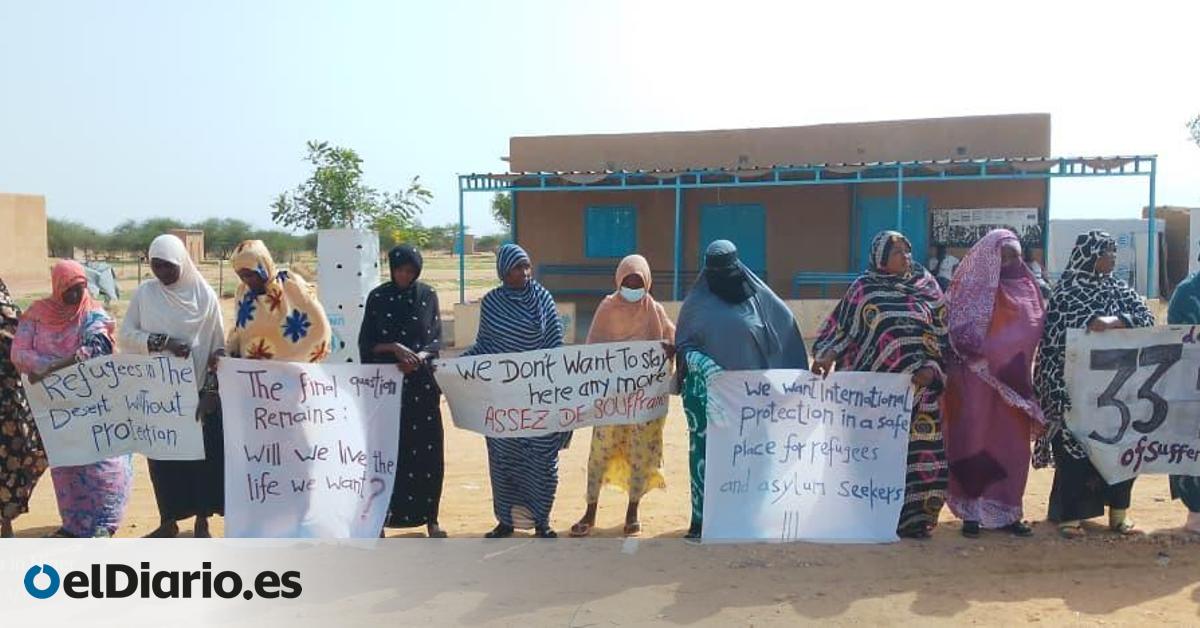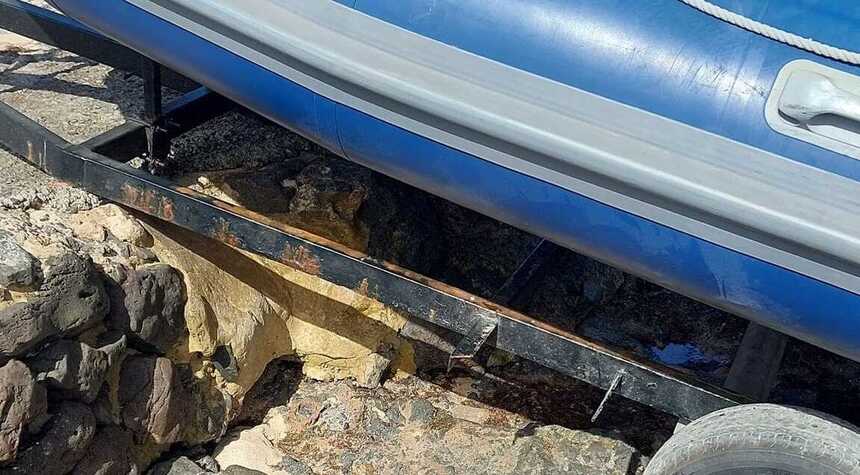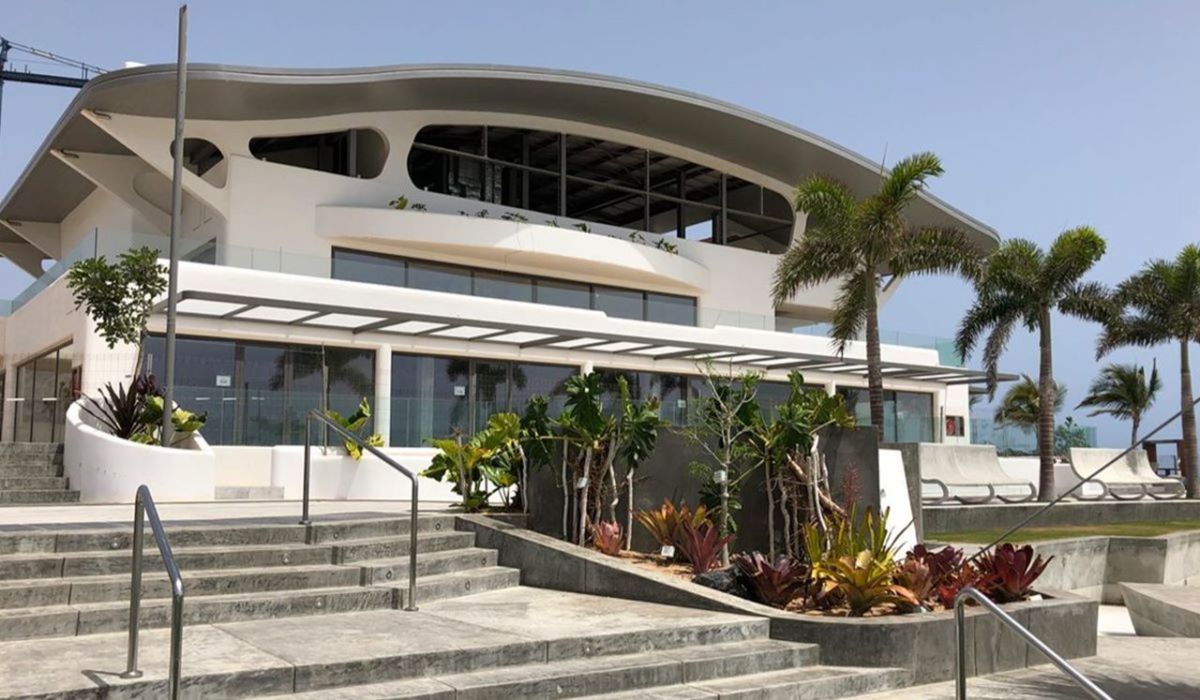
The conference, taking place from 31st August to 3rd September, is organised by the University of La Laguna (ULL) and the Royal Spanish Society of Natural History.
The Museum of Nature and Archaeology of Tenerife (MUNA) is hosting the 26th Biennial of the Royal Spanish Society of Natural History from 31st August to 3rd September. This event brings together national specialists in the field of natural sciences.
Organised by the Museum of Natural Sciences of Tenerife, the University of La Laguna (ULL), and the Royal Spanish Society of Natural History, this biennial is especially significant as it coincides with the 50th anniversary of the first biennial held in the Canary Islands, which took place in the city of La Laguna.
Additionally, the event commemorates the 200th anniversary of the publication of ‘Physical Description of the Canary Islands’ by Leopold von Buch, one of the pioneering naturalists in the study of the archipelago, as well as the 175th anniversary of the completion of ‘Natural History of the Canary Islands’ by Philip Barker Webb and Sabin Berthelot, a fundamental reference in the research of island biodiversity.
Under the theme ‘Canary Islands: An Example of a Natural Laboratory’, this edition will focus on the characteristics of an insular, volcanic, and oceanic territory. The geological and biological diversity of the archipelago, featuring unique landscapes, communities, and species, has made the Canary Islands a subject of numerous scientific studies regarding their origin and evolution, serving as a constant source of inspiration for natural history.
According to José Carlos Acha, the Councillor for Culture, Museums, and Sports of the Cabildo of Tenerife, “it is a source of pride that MUNA hosts this biennial, which positions the Canary Islands as a true outdoor laboratory that helps us better understand how nature operates.” He adds, “This congress not only reminds us of the immense value of our natural heritage but also brings this knowledge closer to society and invites us to see our environment through new perspectives.”
During the four days of the congress, MUNA will become a venue for lectures, round tables, and presentations addressing key issues in geology, biology, and nature conservation.
With this gathering, Tenerife and the Canary Islands reinforce their role as a privileged space for the study of nature and as a meeting point between the scientific community and the public.




